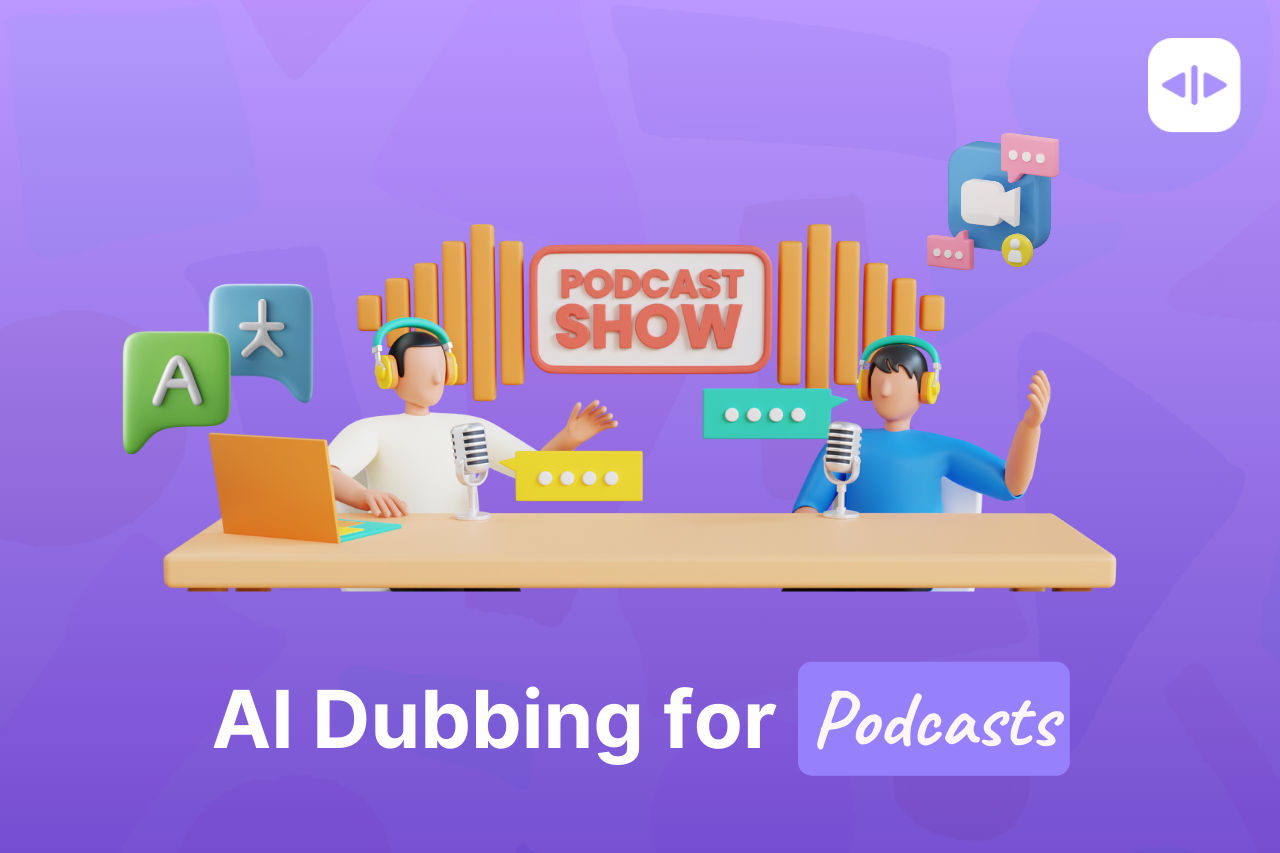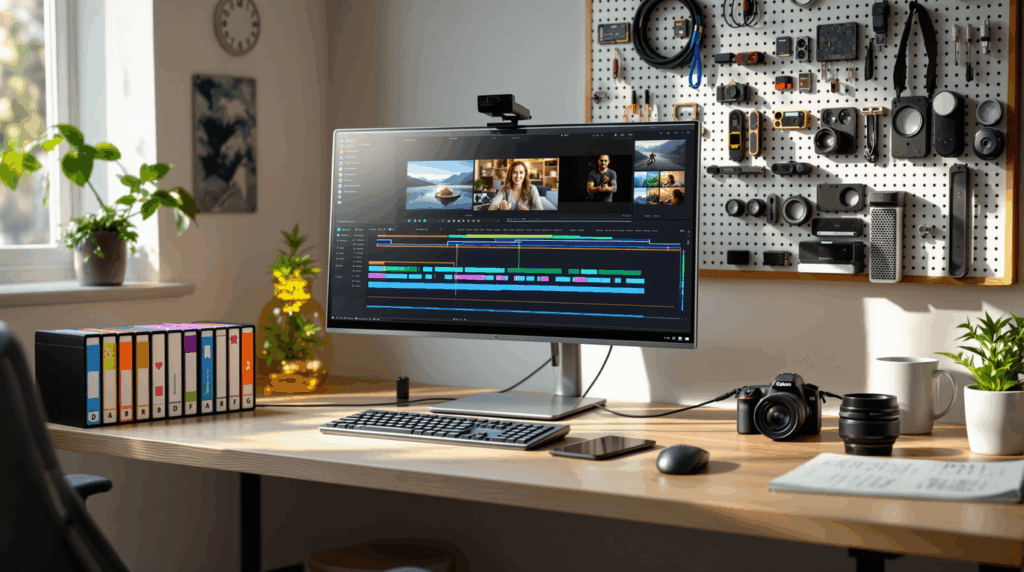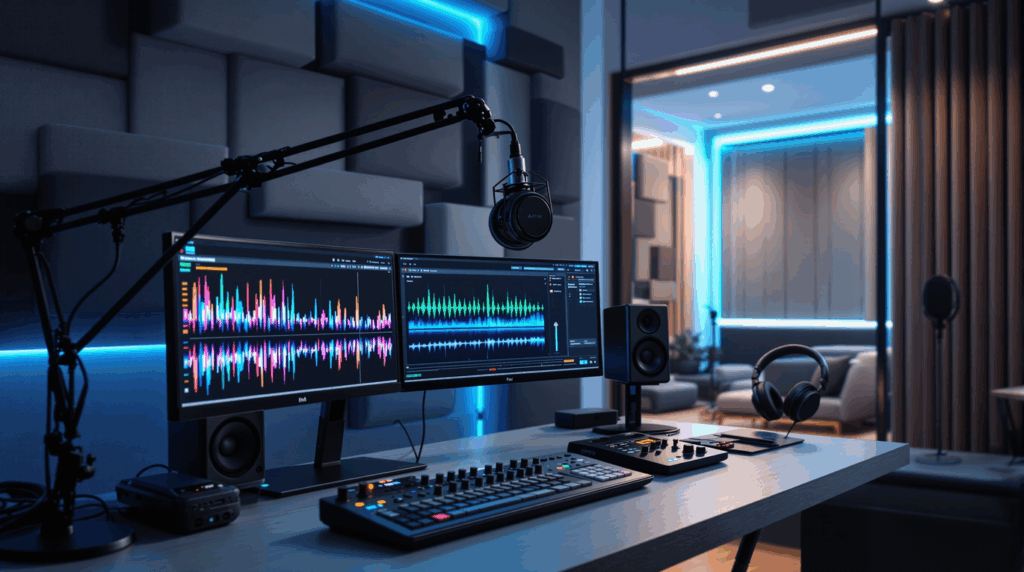Are you one of the few who have embraced AI to power up your podcasts? But you are not sure if you’re doing it the right way… Is there something you can do to make it better?
AI dubbing and narration for podcasts are becoming mainstream, and many creators are using it to speed up their workflow. If you also wish to explore AI dubbing or voiceovers to enhance your podcasts and avoid common mistakes to bring the best quality content from the get-go, read on.
Why Should Podcast Creators Seriously Consider AI Dubbing & Voiceovers?
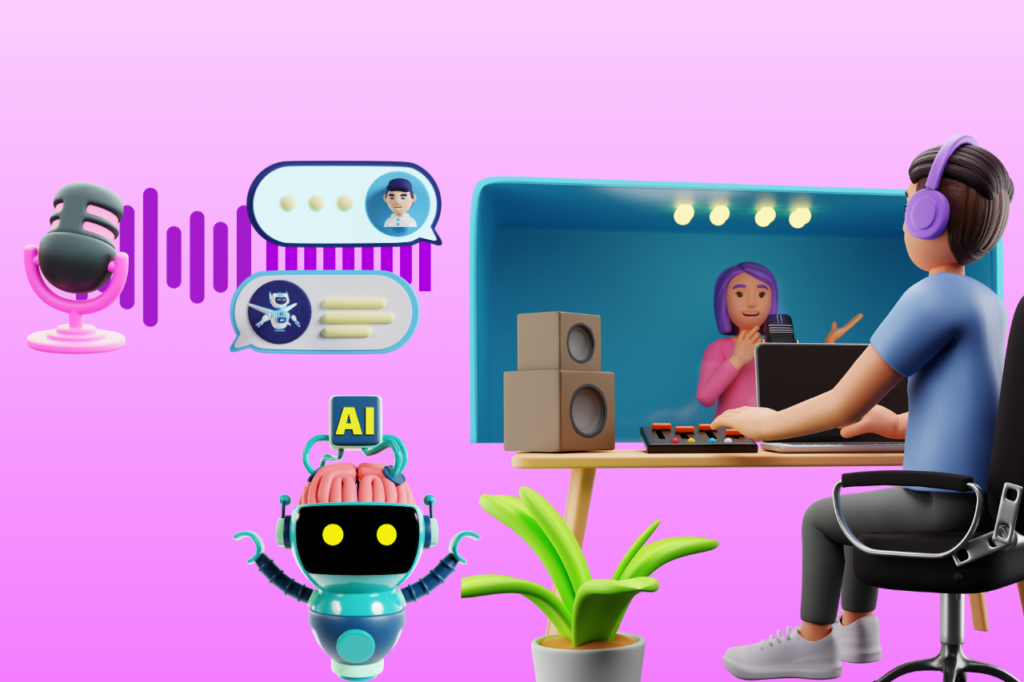
AI dubbing and voiceovers present podcast creators with a powerful toolkit for efficiency, creativity, and inclusivity, ultimately contributing to the growth and success of their podcasts in a dynamic and competitive landscape.
The efficiency and cost-effectiveness of AI in dubbing and voiceovers cannot be overstated. Traditional methods often involve lengthy processes, from hiring voice actors to coordinating recording sessions. AI can streamline this, allowing creators to produce content more rapidly and allocate resources more strategically.
AI-generated voiceovers also enhance the flexibility of content creation. Creators can experiment with different voices, tones, and styles without the logistical challenges of working with multiple human voice actors. This flexibility can lead to more creative and diverse content, keeping the audience engaged and interested.
Accessibility is another crucial factor. AI-generated voiceovers can improve accessibility for individuals with visual impairments or those who prefer content in their native language. This inclusivity not only aligns with ethical considerations but also expands the potential listener base. Moreover, you can swiftly and accurately translate your content, making it accessible to a global audience and increasing the podcast’s reach and impact.
Best AI Dubbing Practices to Power Up Podcasts
Integrating AI dubbing into your podcast workflow can add a cool, futuristic touch. Here are some tips:
Choose the Right AI Tool
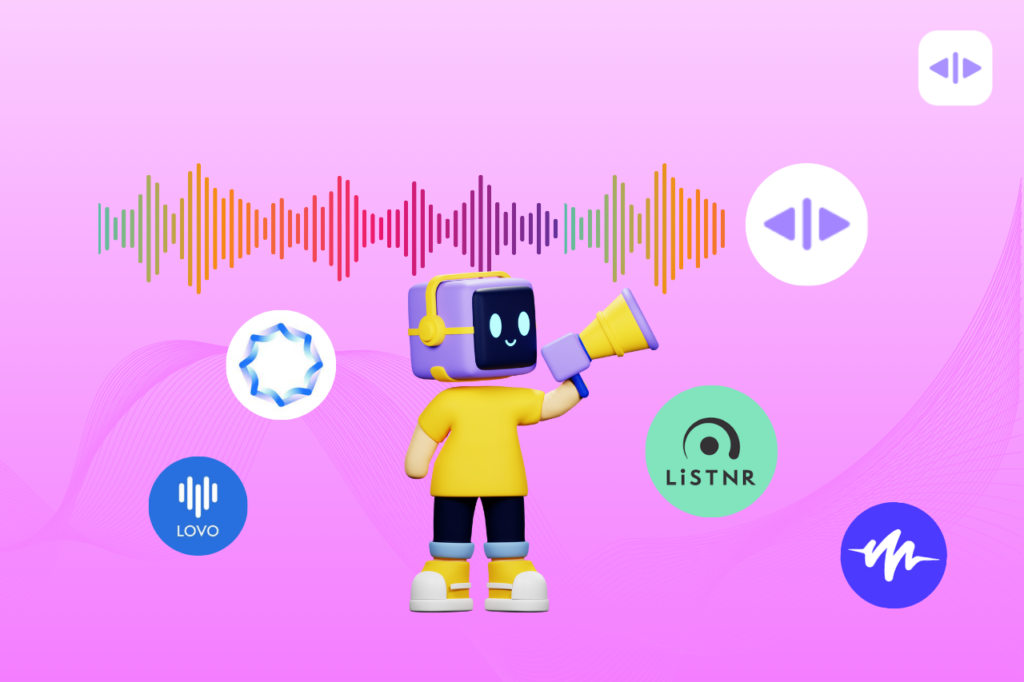
Select a reliable AI dubbing tool that suits your needs. Most AI tools offer free trials so you can experience the product yourself. Try different tools to find the best fit for you. Look for natural-sounding voices, support for multiple languages, accuracy, turnaround time, customer support, and any other feature you would require in your podcast production workflow.
Opt for an AI tool that offers flexibility in its operations. The tool must have the ability to work with various formats, integrate with different systems, and provide scope for customization to fit your unique requirements.
Optimize Your Scripts

Craft your podcast scripts with AI nuances in mind. Use clear and concise language to ensure smooth voice synthesis. Break down complex sentences. Avoid complex phrases or jargon that may be challenging for the AI to pronounce accurately. Consider providing pronunciation guides for industry-specific terms or unique names.
Be Careful While Selecting the Voice & AI Speaker
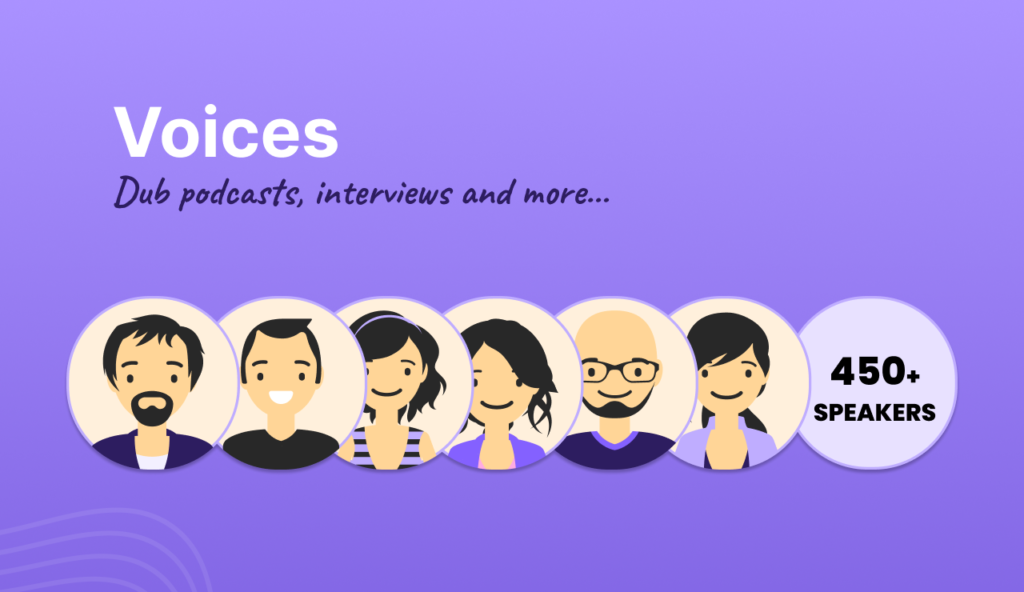
Pick a voice that aligns with the tone and style of your podcast. Some AI tools offer a variety of voices, so experiment to find the one that resonates best with your audience. Opting for an accent that resonates with your target demographic can enhance the relatability of your content. Moreover, the gender of the AI voice should be chosen thoughtfully, as it can influence the perceived authority or approachability of the podcast.
For example, a tech-focused podcast might benefit from a voice that sounds knowledgeable and authoritative, while a comedic podcast may lean towards a more playful tone. Experiment with different voices to find the one that aligns best with your brand and message.
Selecting the Right Languages
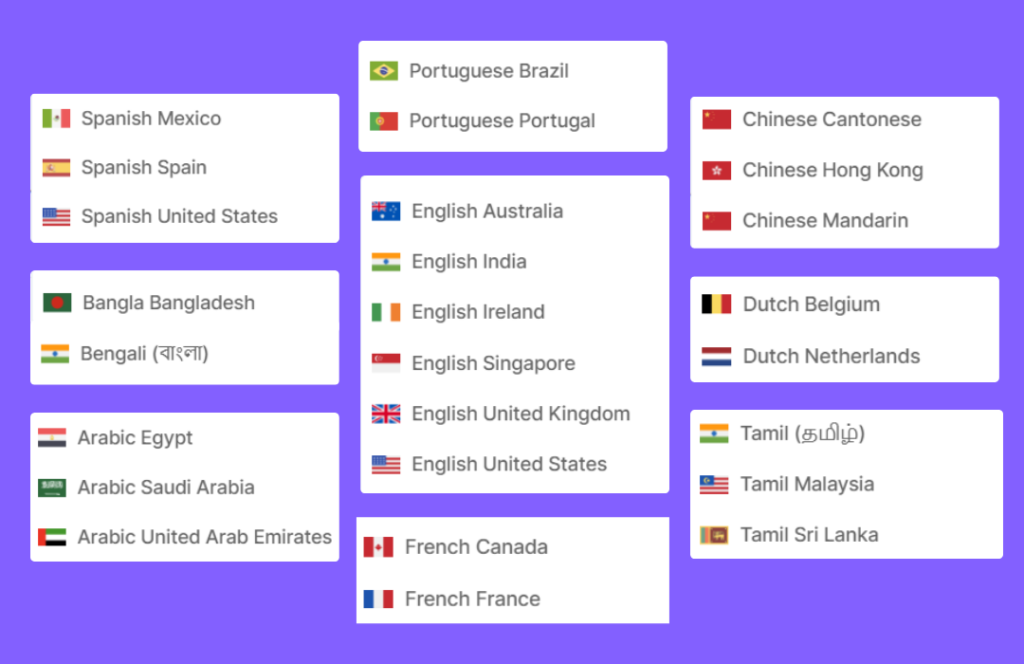
Consider your target audience and the languages they are comfortable with. If your podcast has a global reach, opt for AI dubbing tools that support a wide range of languages. Ensure that the language models used by the AI are accurate and convey the nuances of each language effectively.
Considering Voice Cloning
Voice cloning technology allows you to create a custom voice for your podcast by training the AI on a specific speaker’s voice. This can be advantageous for maintaining a consistent brand voice or incorporating a familiar personality. However, be mindful of ethical considerations and obtain proper permissions if you plan to clone a specific person’s voice. Also, ensure that the voice cloning process produces a natural and authentic sound.
Dubverse enables creators to clone their voices so they can speak in any language they want. Want to try it out? Reach out to us.
Natural Pacing
Pay attention to the pacing of the AI-generated voice. Adjust script timing to maintain a natural flow. Avoid rushed or awkward-sounding segments, ensuring the AI voice aligns with the intended rhythm of your podcast.
Experiment with adjusting the speed and pauses within the AI tool. Fine-tune the pacing until it feels natural and engaging.
Emotional Expression
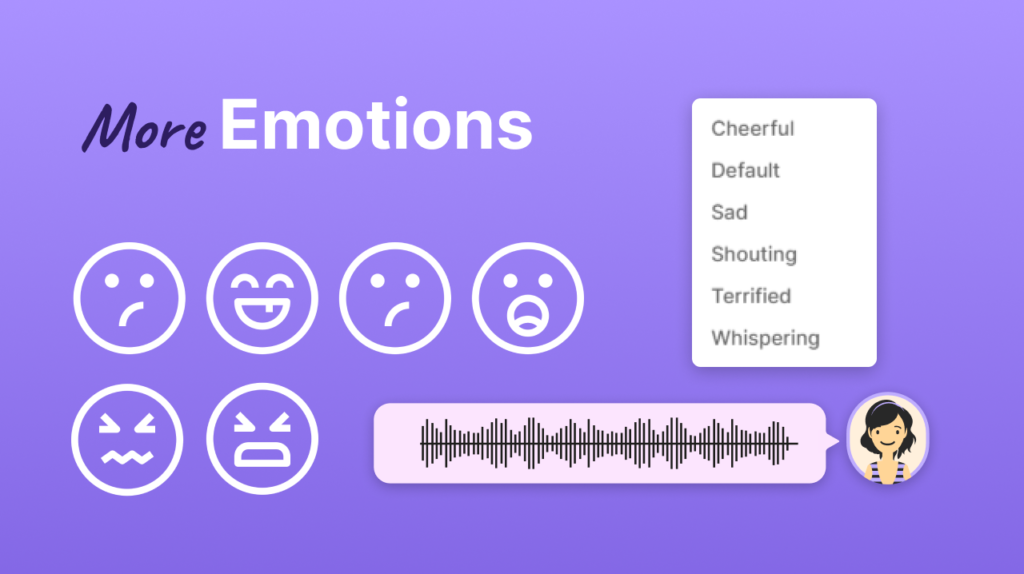
Some AI tools allow you to add emotion to the generated voice. Use this feature to convey the intended mood of your podcast, whether it’s excitement, humor, or seriousness.
Quality Control
Regularly review and edit the AI-generated content. While these tools are advanced, they may still mispronounce certain words like names or struggle with specific accents. Manual review ensures a polished final product.
Test and Iterate
Before fully implementing AI dubbing, conduct test runs on different videos to identify any potential issues. Gather feedback from your audience and be open to making adjustments based on their responses. Connect with the support team and work together to find the right adjustments for you.
Even after the integration, testing should never be halted. Always welcome user feedback which is truly beneficial in finding out the shortfalls or flaws that might be present in AI translations. Engaging listeners in this feedback loop not only creates a participatory culture but also helps identify loopholes from the exact target audience’s perspective. These insights are exceptionally useful for continuous tool improvements and ensuring a superlative listener experience.
Legal Considerations
Be aware of any legal implications related to the use of AI voices, especially if your podcast involves commercial activities. Ensure compliance with copyright and intellectual property laws. Ask your AI tool provider if you get commercial rights for the voices.
Take Note of Security
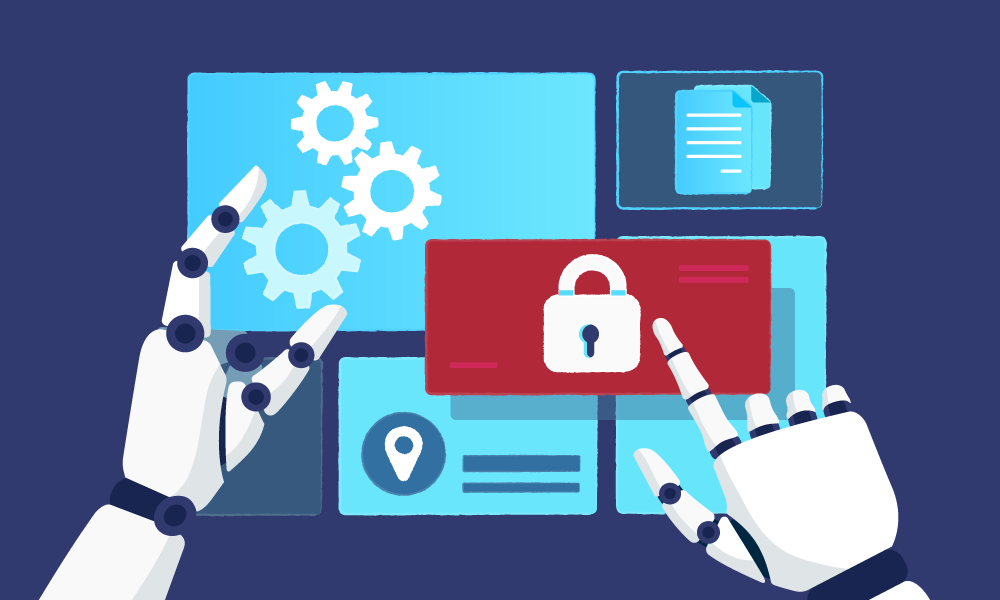
While implementing AI tools, do not sideline the aspect of security. Ensure that the AI partner you choose takes data security seriously and has robust security measures in place. The privacy and protection of your content and listener data should never be compromised.
Stay Current
AI is a constantly evolving technology. What seems the best today might not hold the same status tomorrow. Always keep an eye on updates and advancements in AI technology to stay relevant and competitive. Work continuously towards improving the tool, its integration, and performance in your podcast workflow.
Upgrading to the latest versions can enhance the quality of your podcast. Ensure you have the latest features and integrations to make your workflow even smoother.
Let’s AI Dub Podcasts the Right Way!
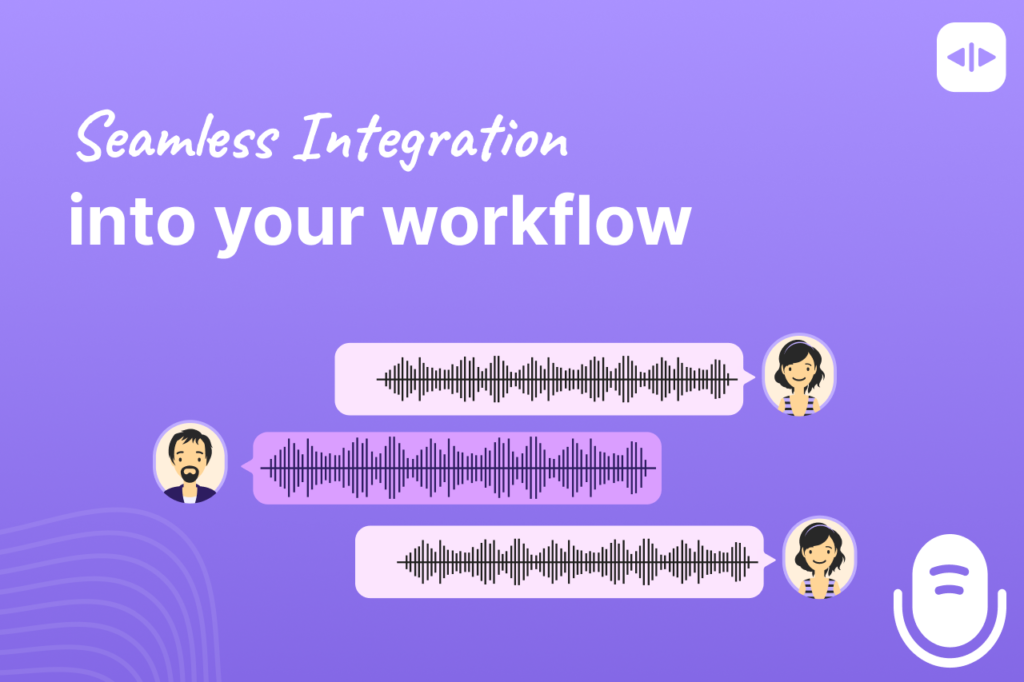
So, there you have it! Now you’re all set with the best ways to use AI for your podcast.
Whether you’re a seasoned creator or just embarking on your podcasting journey, use these tips or hacks to create better podcasts and become a global creator. If you need any help or have any questions about AI dubbing, reach out to us.
For seamless integration into your workflow, consider using Dubverse, our AI dubbing tool designed for creators to improve their results effortlessly. The goal is to enhance your podcast’s production value and engage your audience, so find a balance that works for your content and style. Ready to take your podcast to the next level? Let’s use AI the right way!
